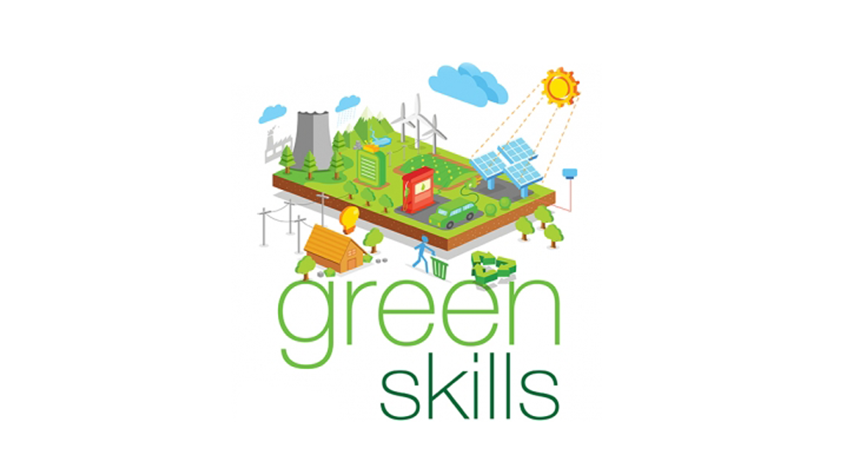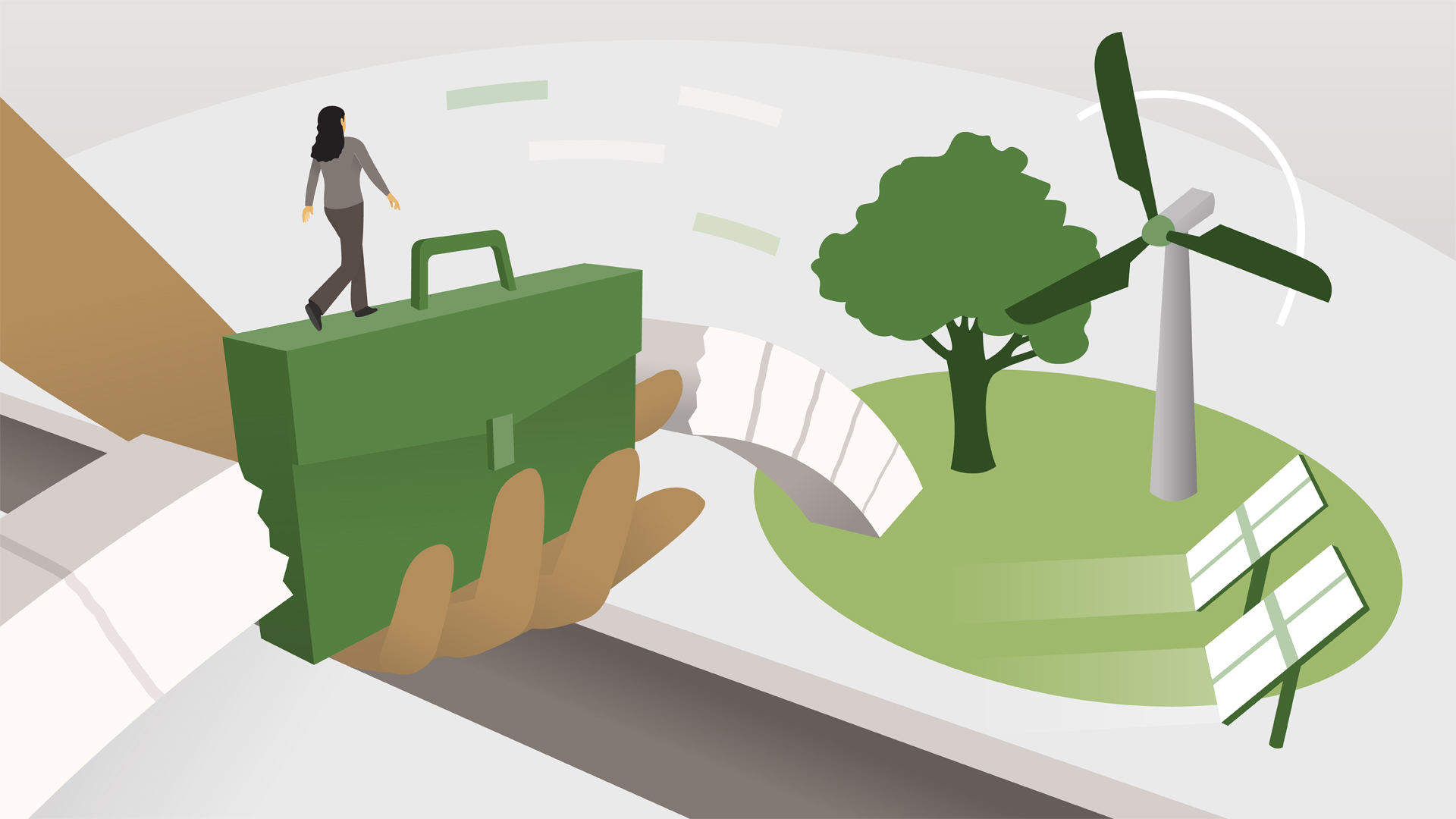In an era of climate change and environmental challenges, Green Skills have emerged as a critical component of the global workforce. These skills are not just trendy buzzwords but essential competencies that drive sustainable development and economic growth. This blog post by SCGC delves you into the world of Green Skills, exploring their significance, applications, and how they're shaping the future of work.
According to the United Nations Industrial Development Organization (UNIDO), Green Skills are technical skills, knowledge, values and attitudes needed in the workforce to develop and support sustainable social, economic and environmental outcomes in business, industry and the community. These skills are fundamental to the transition towards a more sustainable and environmentally friendly economy.
The International Labour Organization (ILO) projects that the shift to a greener economy could create 24 million new jobs globally by 2030. This transition presents both challenges and opportunities for the workforce, making green skills increasingly valuable across various sectors. Key areas where Green Skills are in demand encompass the following industries: 1) Renewable Energy: Solar, wind, and hydroelectric power expertise; 2) Energy Efficiency*: Building retrofitting and smart grid technology; 3) Sustainable Agriculture: Organic farming and precision agriculture; 4) Waste Management: Recycling, upcycling, and circular economy principles; 5) Green Building: Sustainable architecture and LEED certification; 6) Environmental Conservation: Biodiversity protection and ecosystem restoration; and 7) Sustainable Transportation: Electric vehicle technology and sustainable urban planning.
The application of Green Skills extends far beyond traditionally green sectors. Here's how different industries are incorporating sustainability:
----------------------------------------------------------------------------------
Trending NOW !
----------------------------------------------------------------------------------
As we progress towards a more sustainable future, several trends are shaping the landscape of Green Skills:
Governments and international organizations play a crucial role in fostering the development of Green Skills. Policies that support green industries, provide incentives for sustainable practices, and fund green skills training programs are essential for accelerating the transition to a sustainable economy.
The transition to a green economy is not just an environmental imperative; it's an economic opportunity. By developing green skills, you can position yourself at the forefront of this global shift, contributing to a more sustainable world while advancing your career.
Whether you're a recent graduate, a mid-career professional looking to pivot, or an entrepreneur seeking new opportunities, investing in green skills is a smart move. The future is green, and those who embrace these skills now will be well-equipped to thrive in the sustainable economy of tomorrow. Remember, every step towards sustainability counts. Start your Green Skills journey today, and be part of the solution to our planet's most pressing challenges.
While at SCGC, we actively seek individuals with Green Skills for a variety of roles across the company and subsidiaries, allowing people to contribute to their ambitious sustainability goals through their work. Click the banner below for more details.








